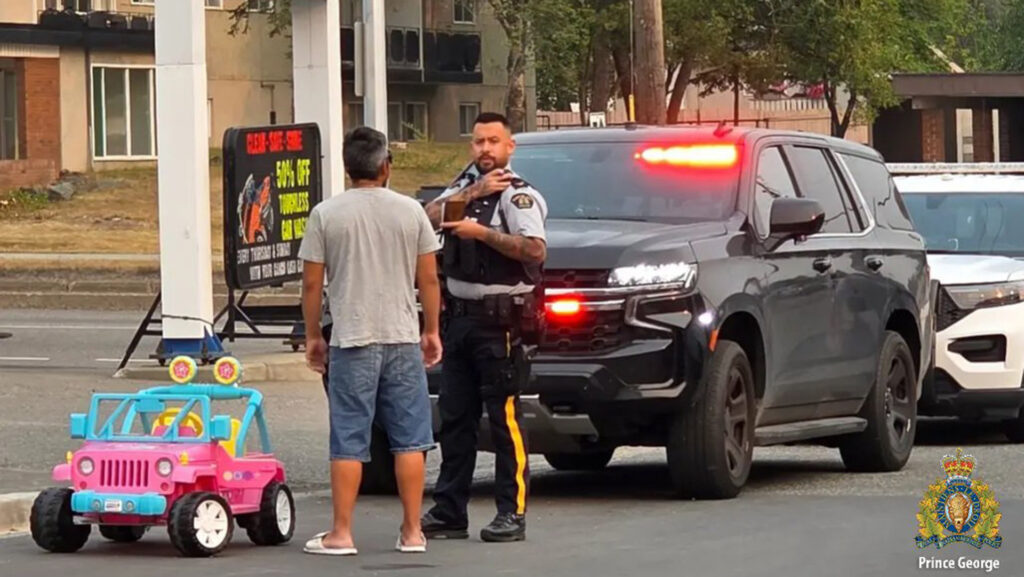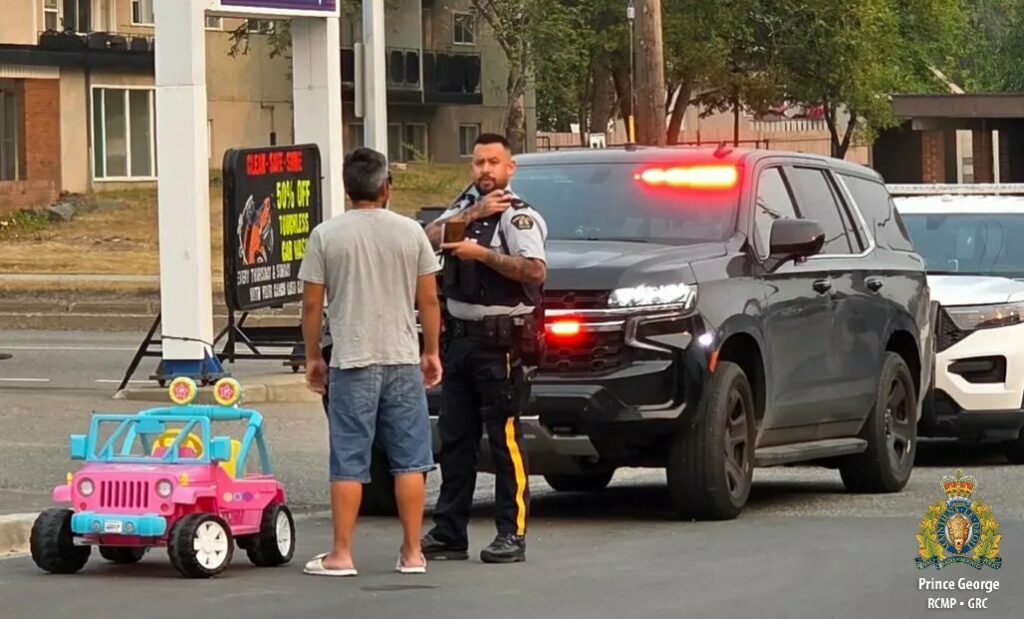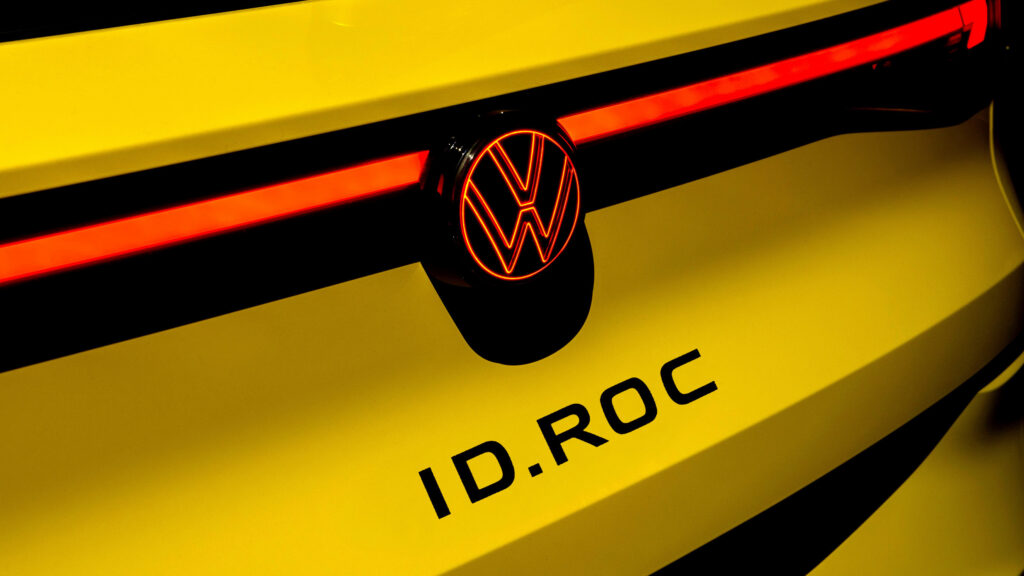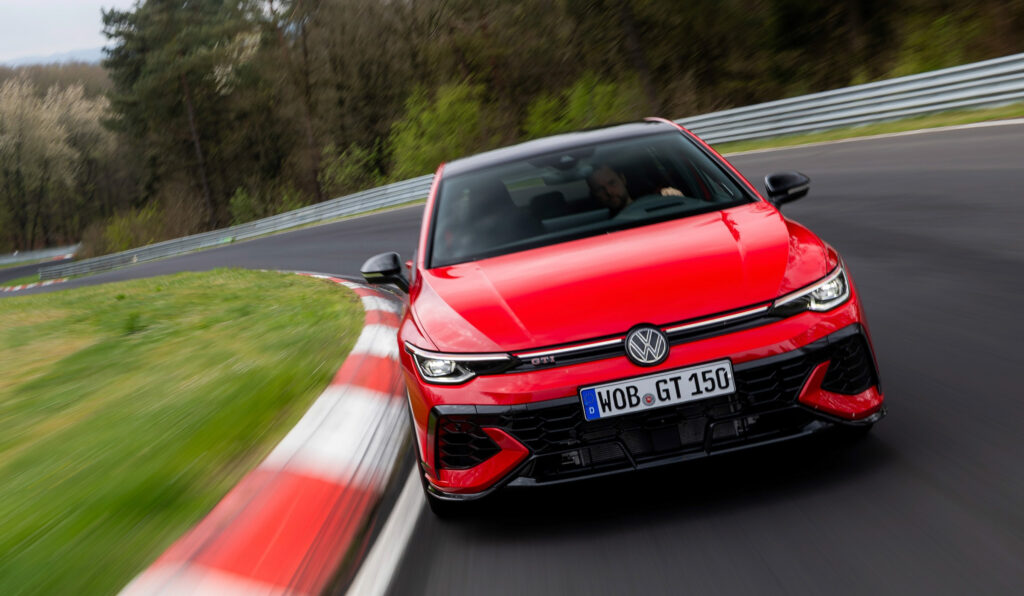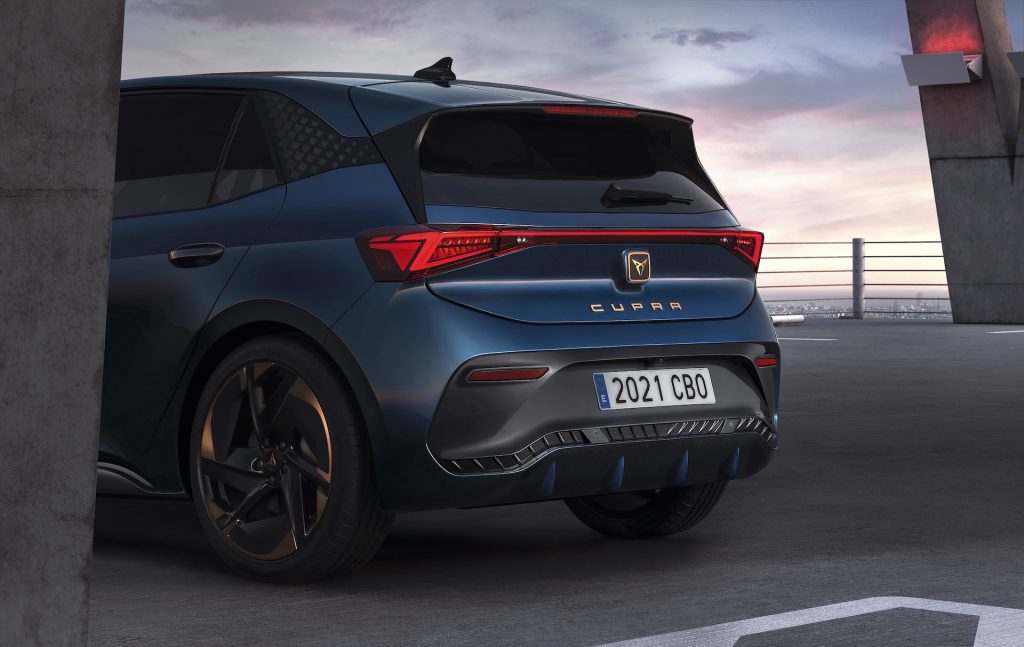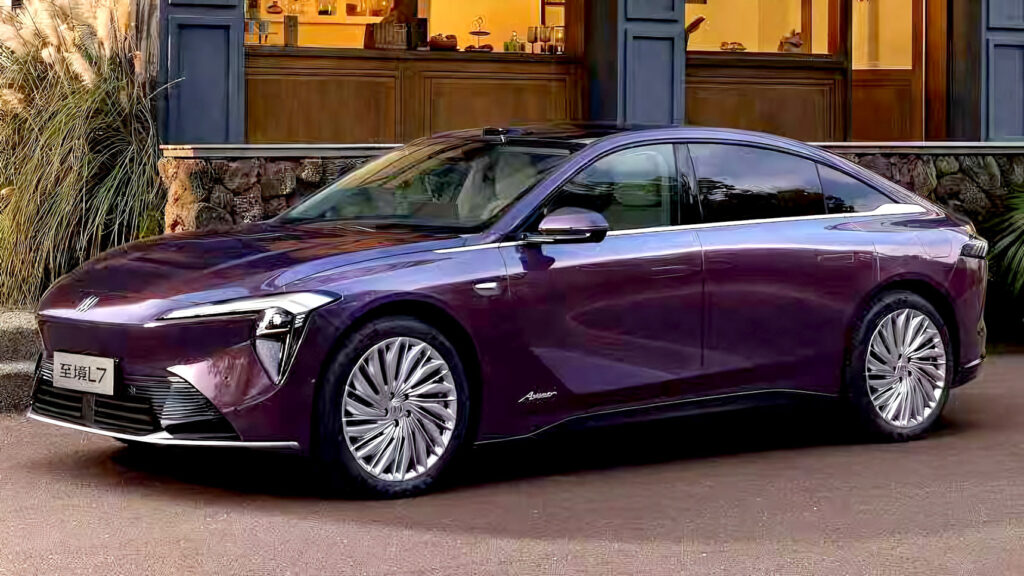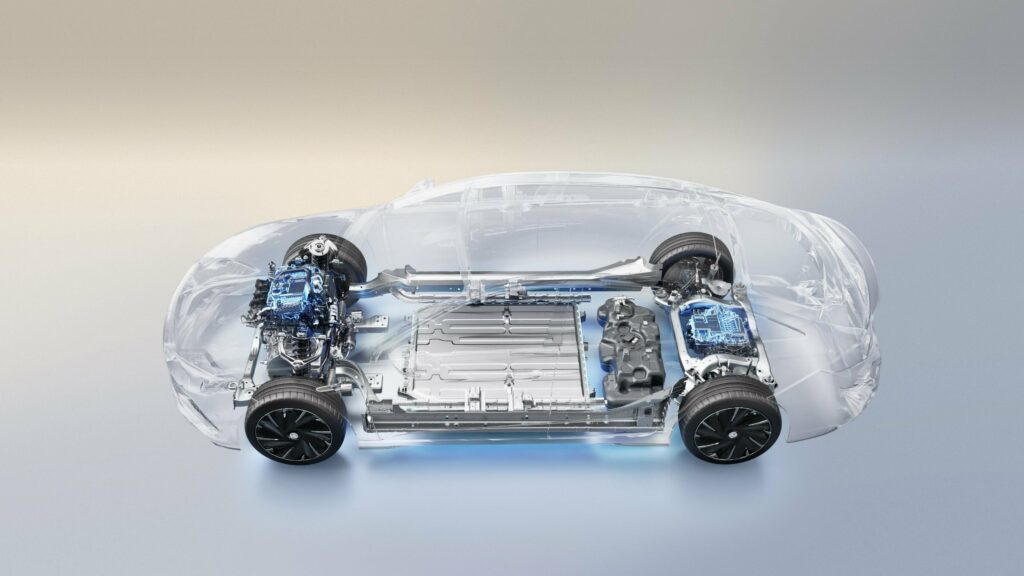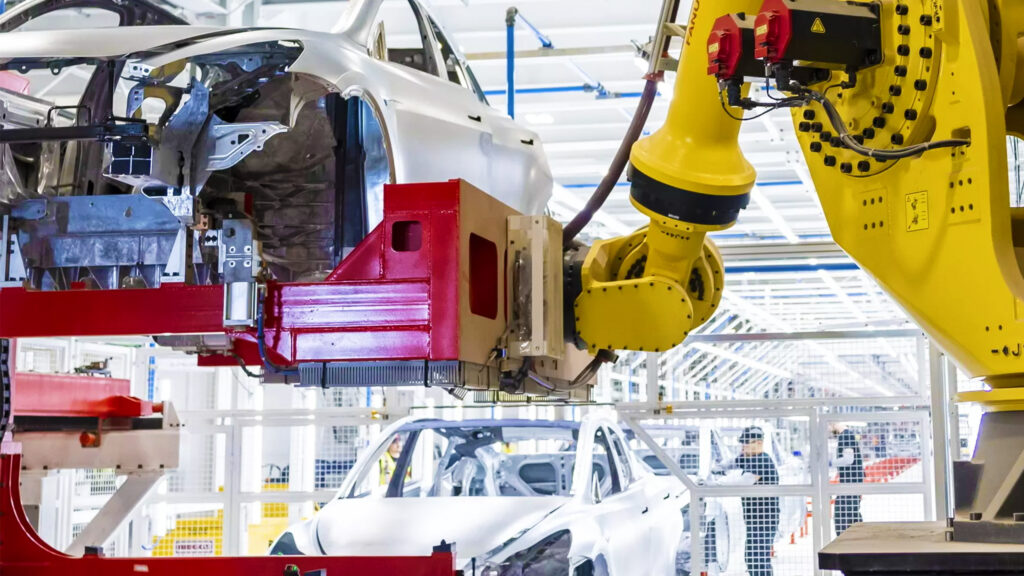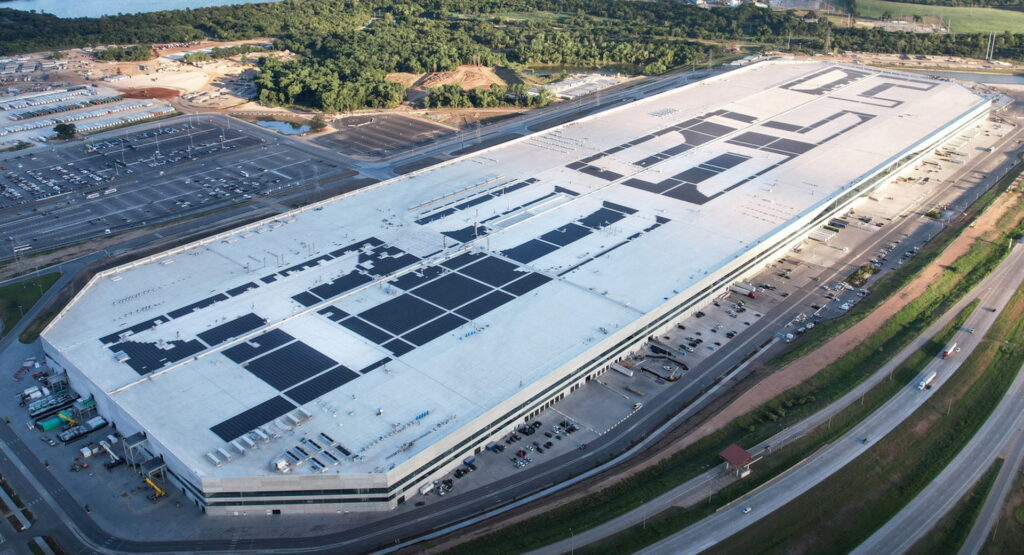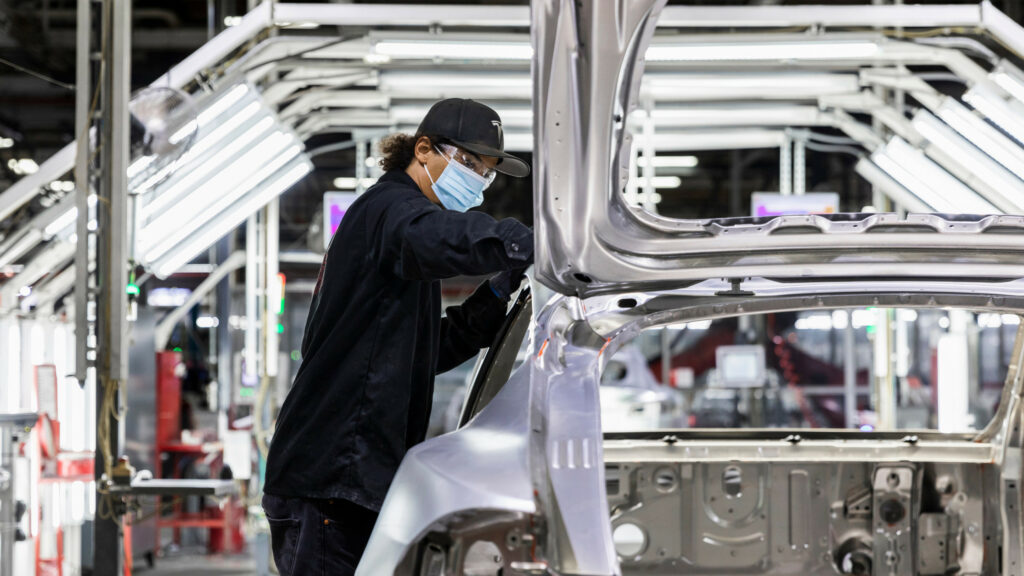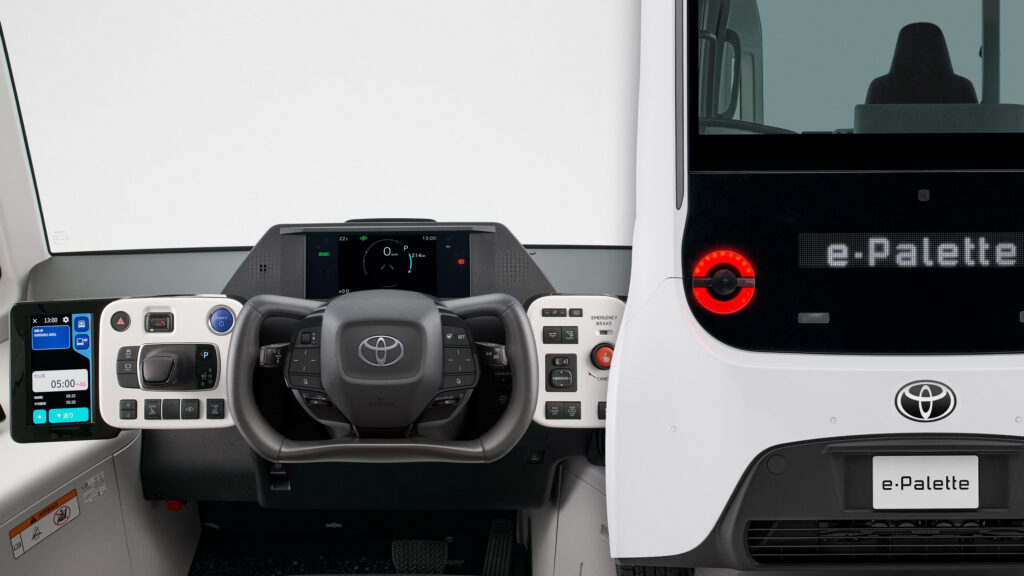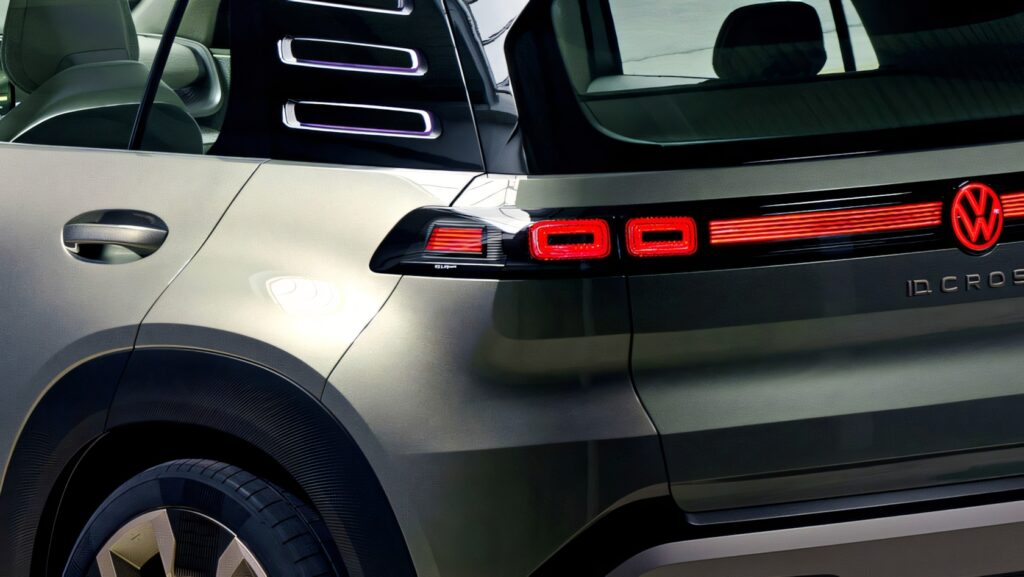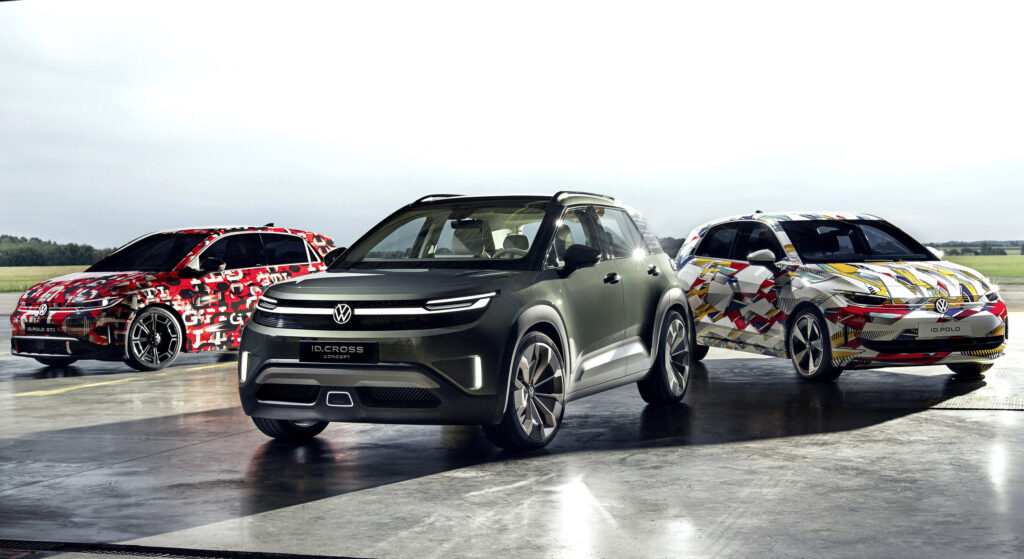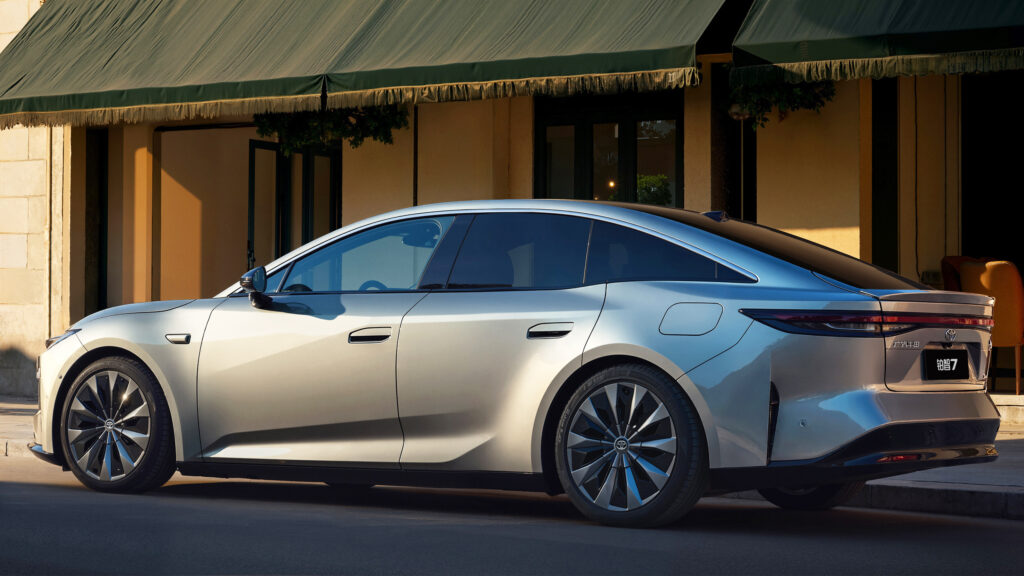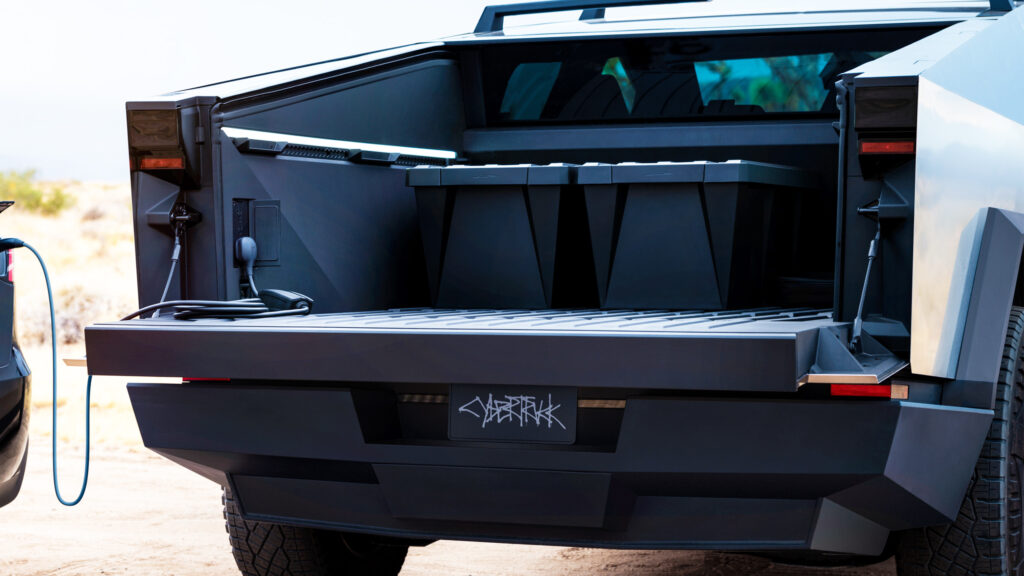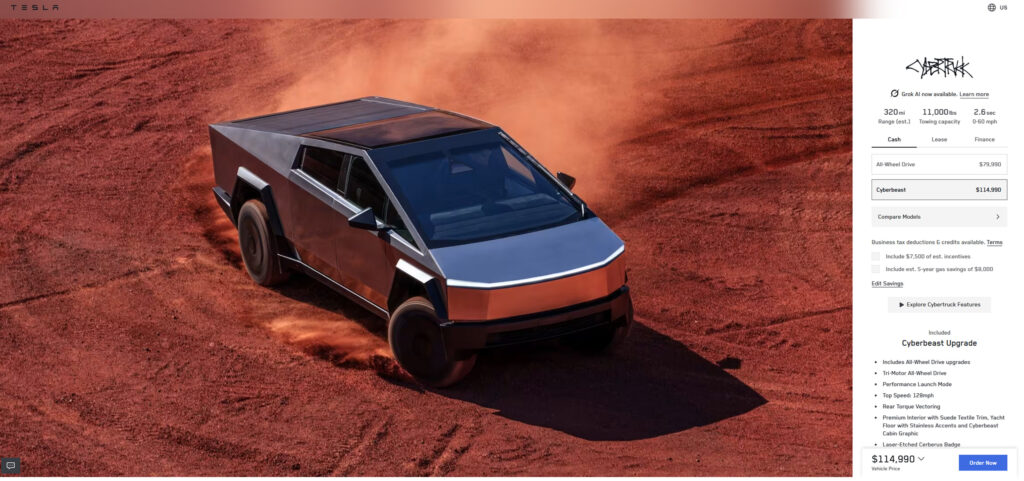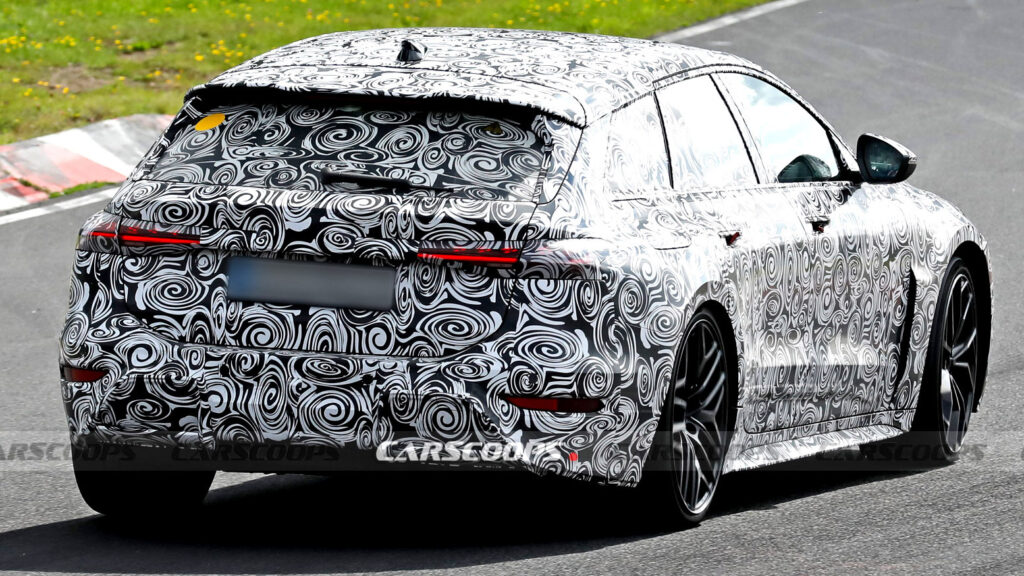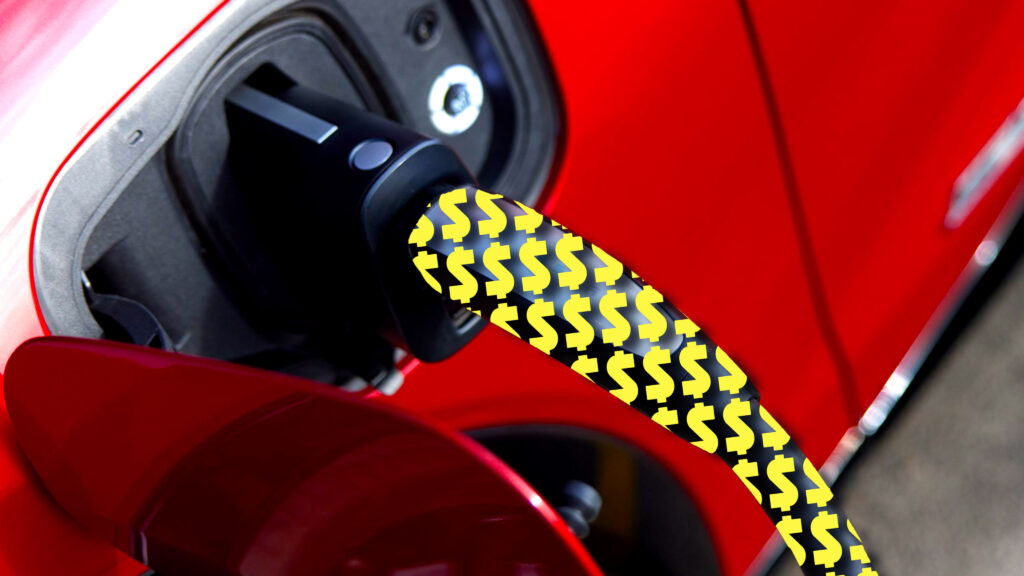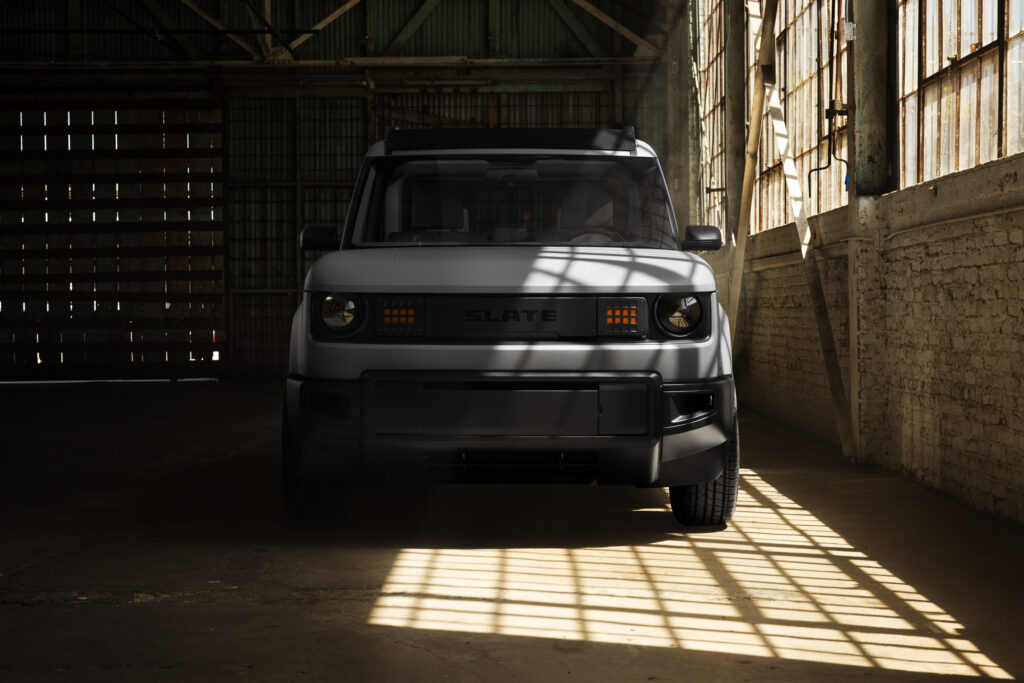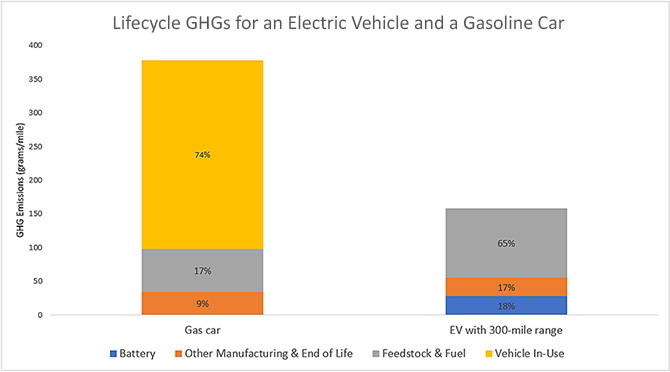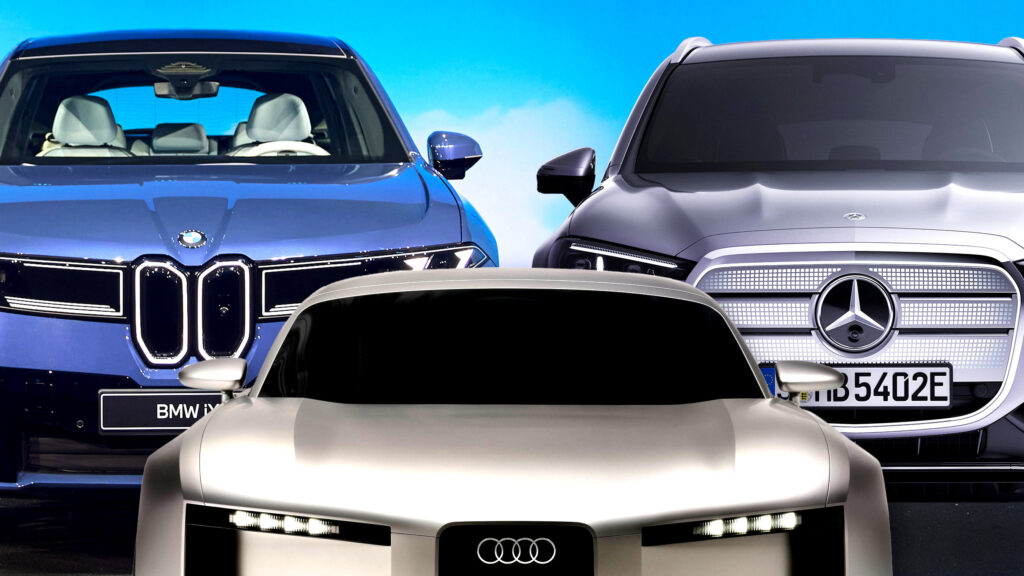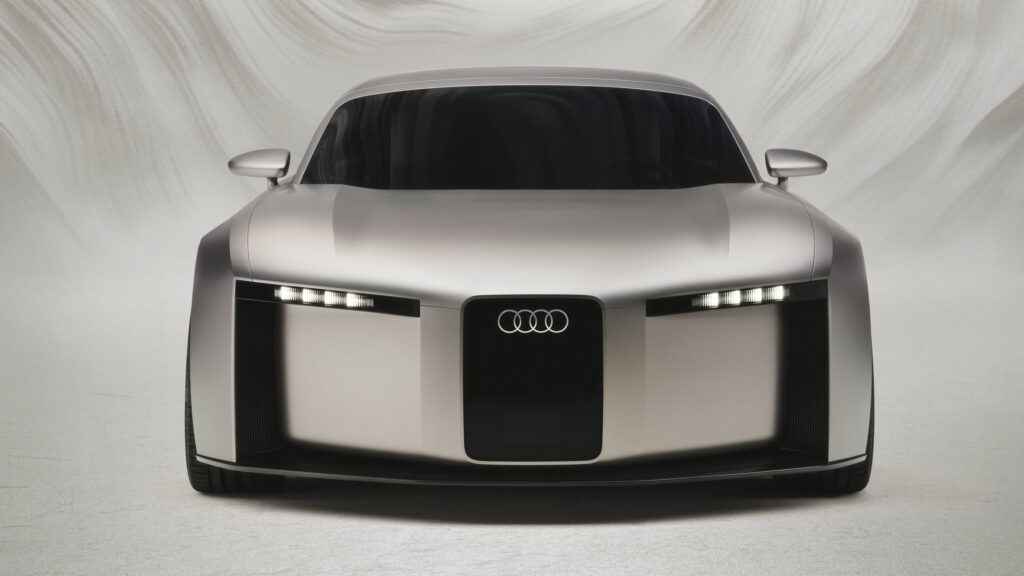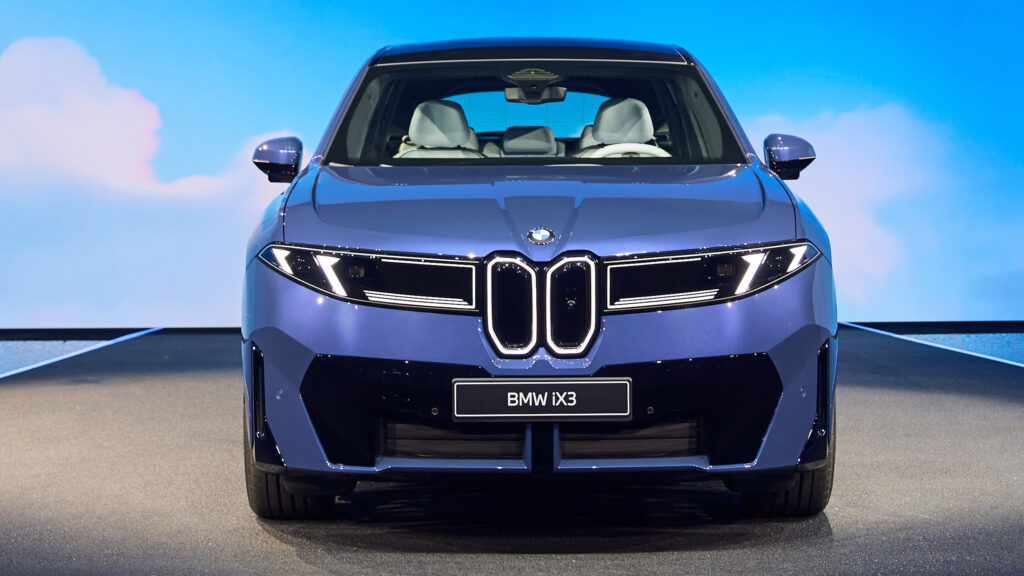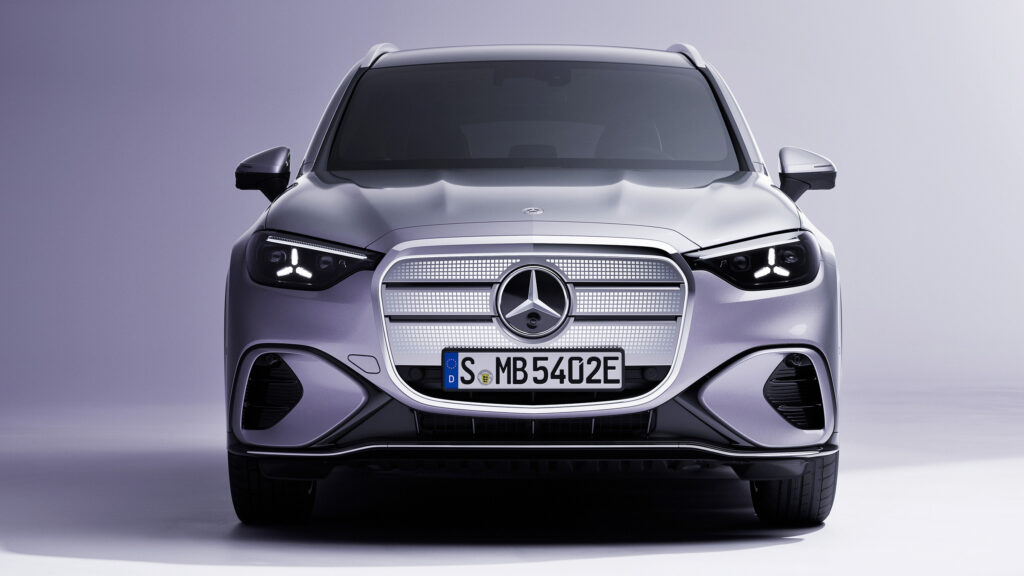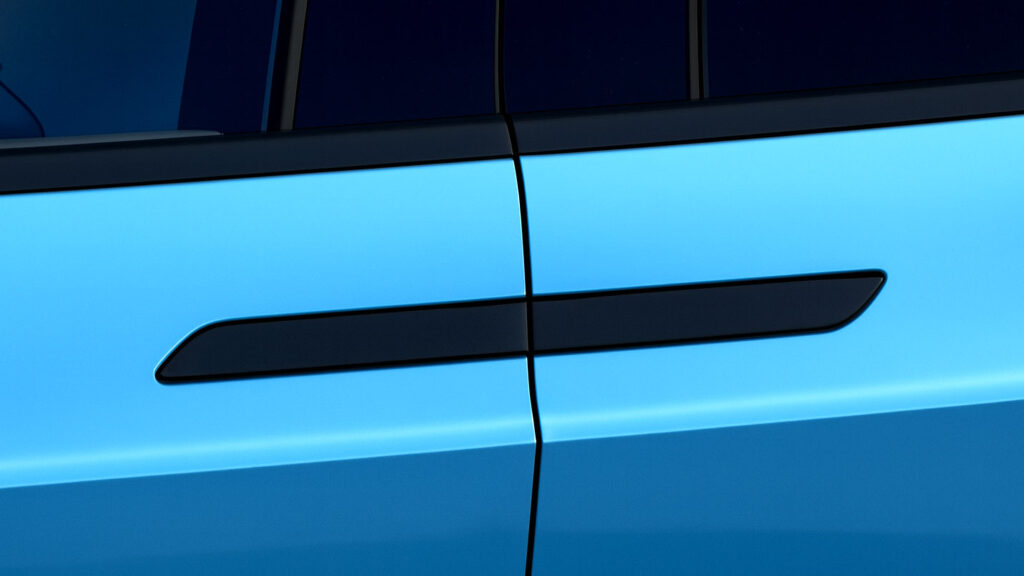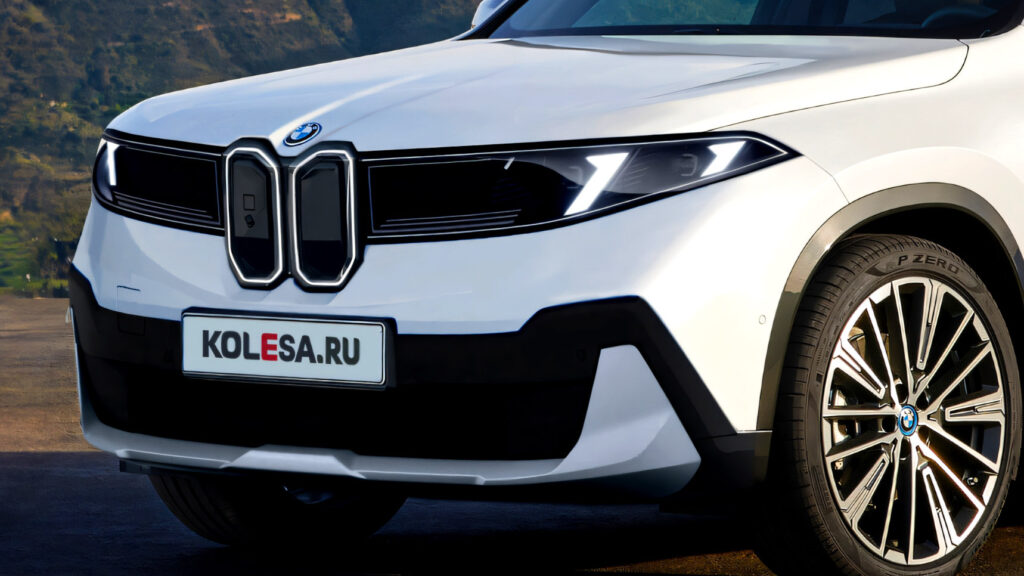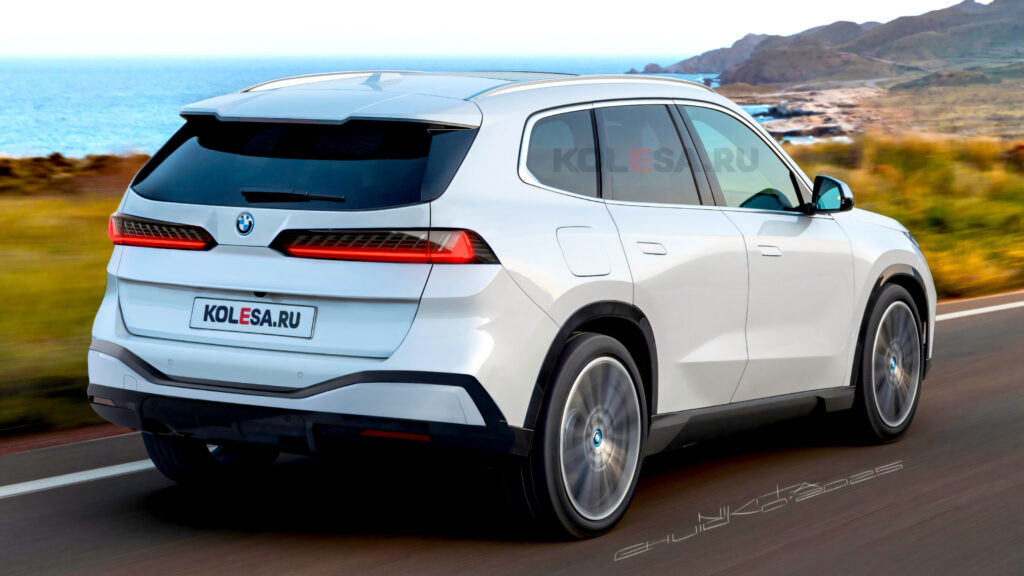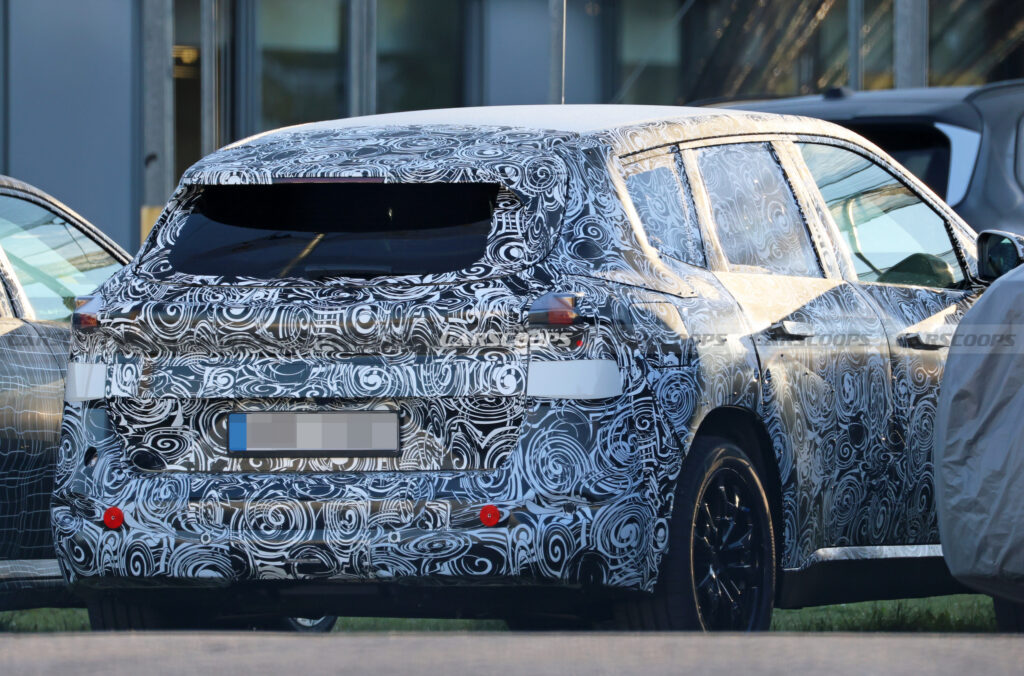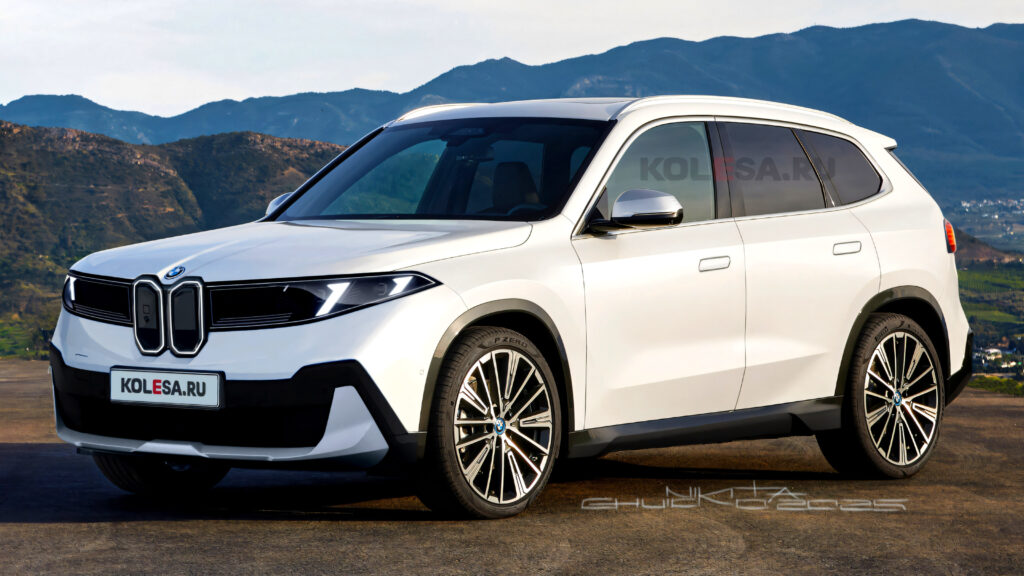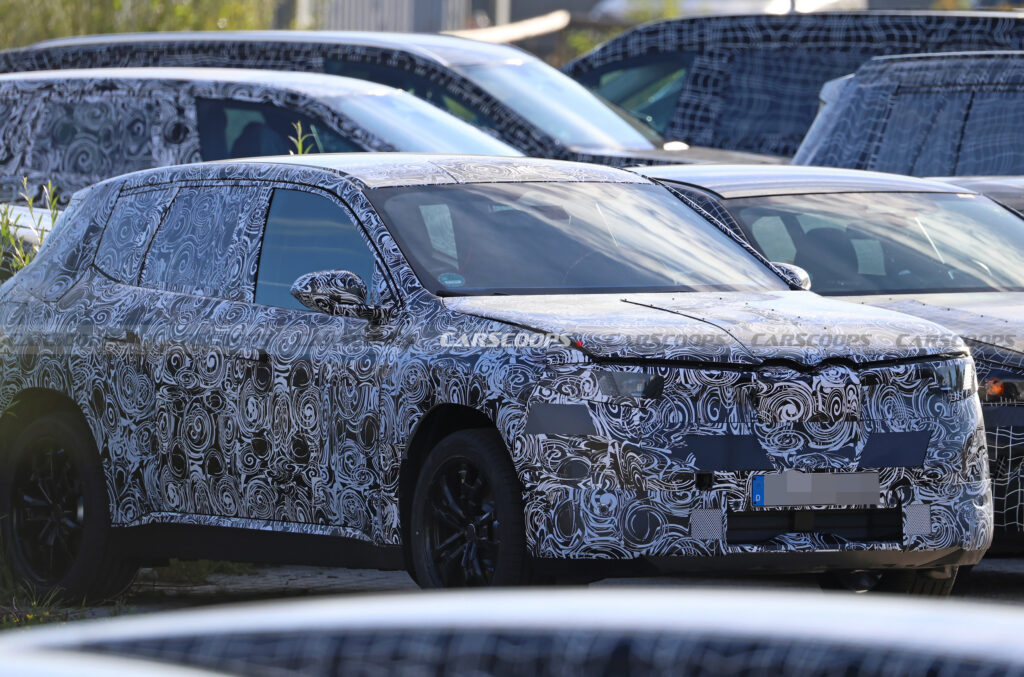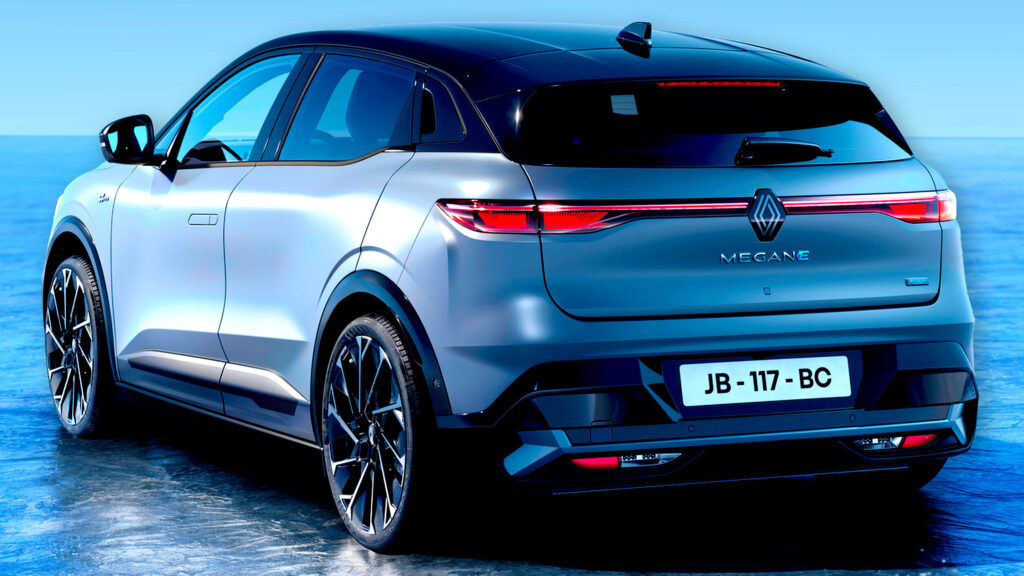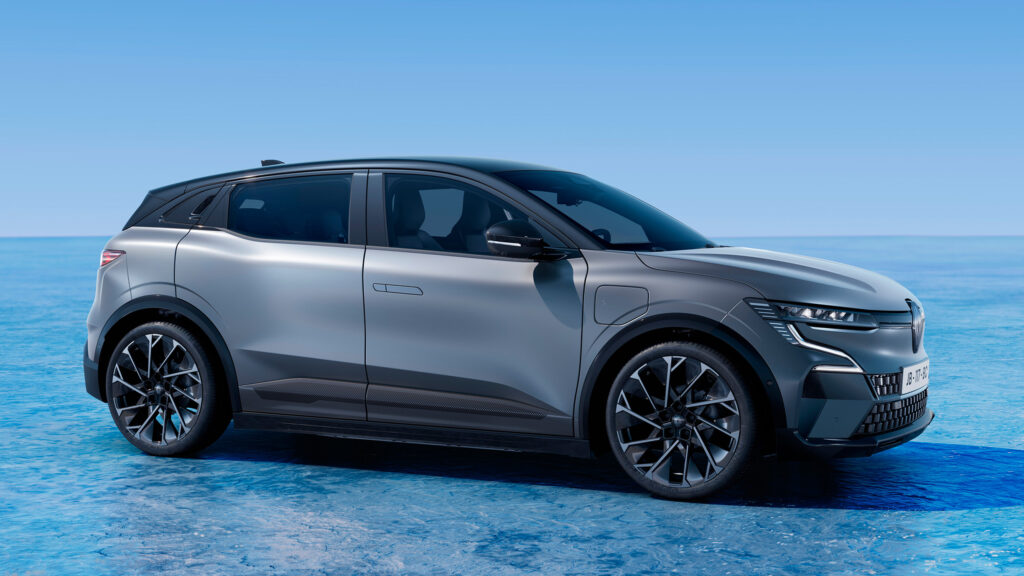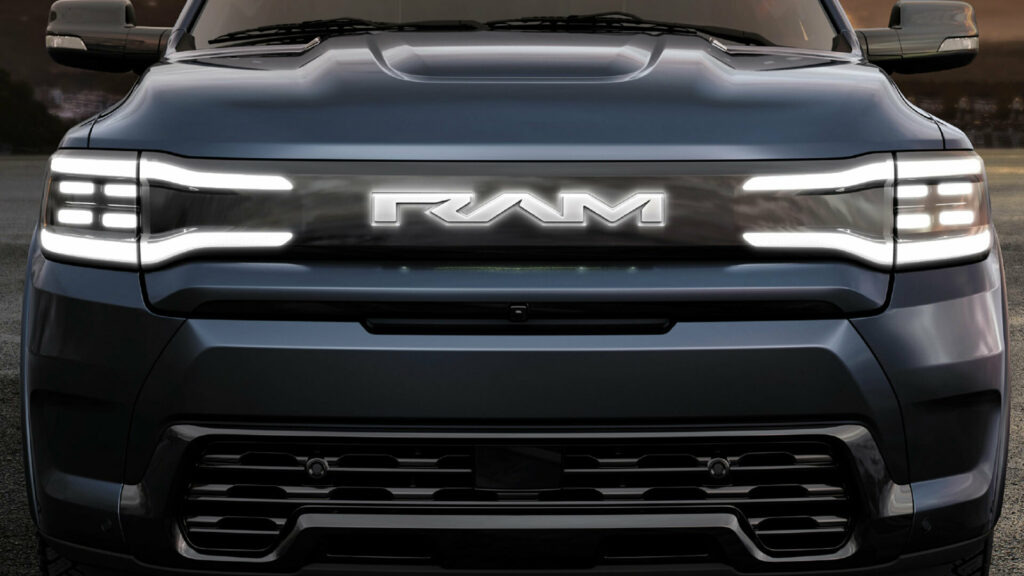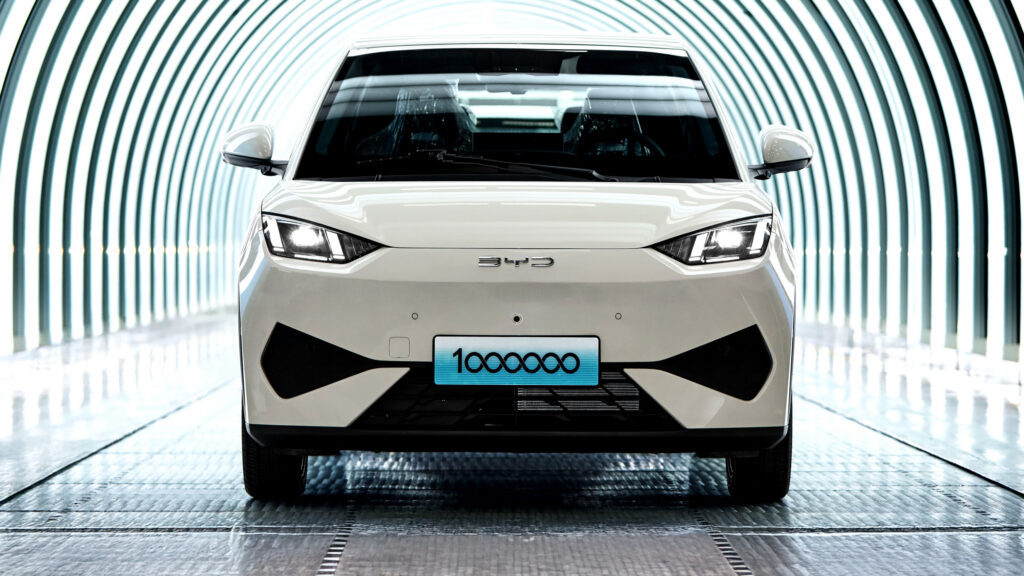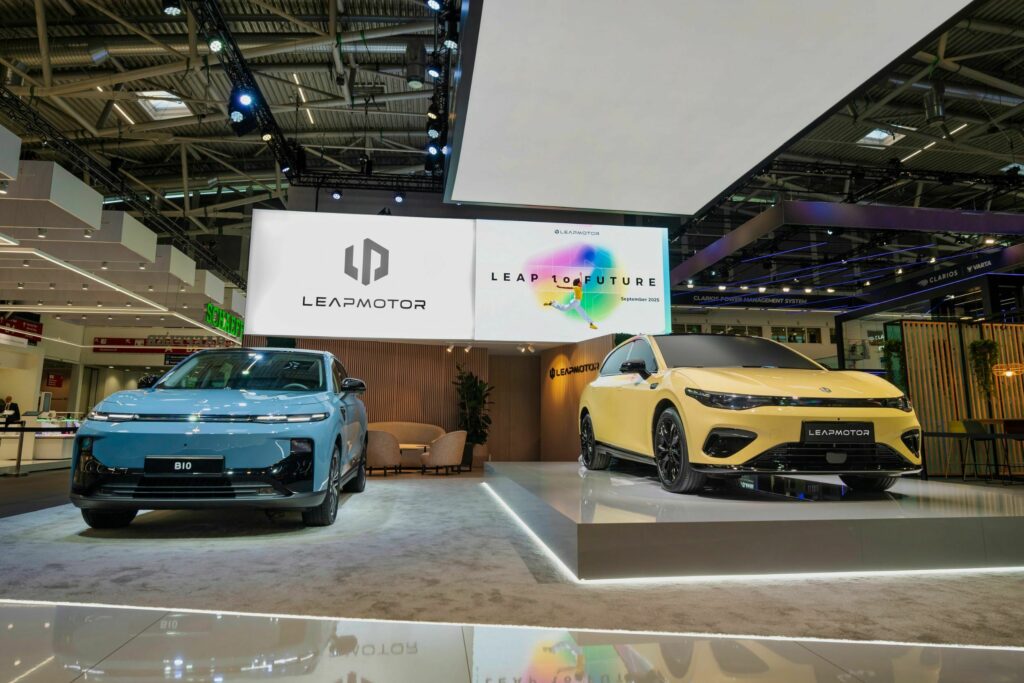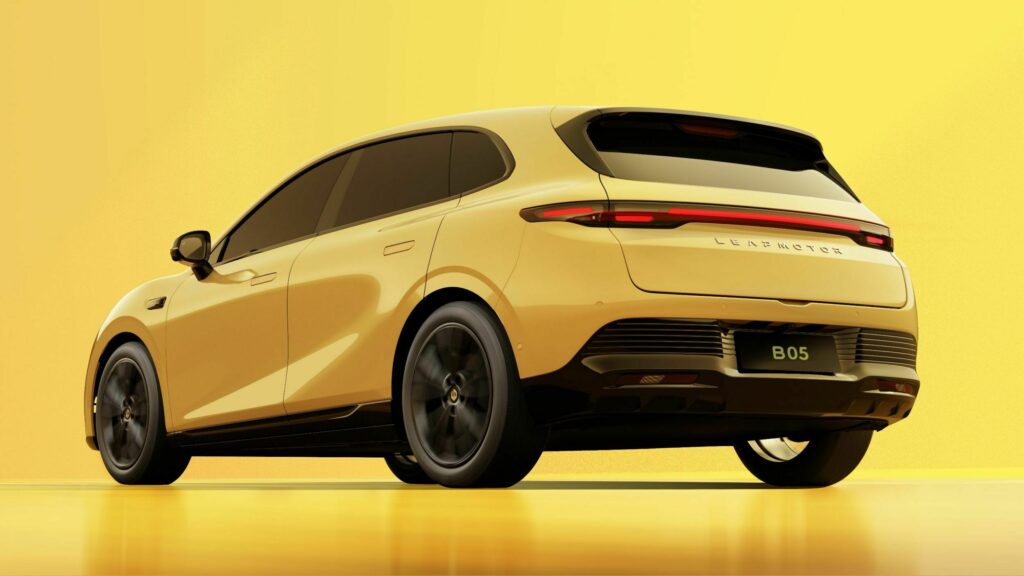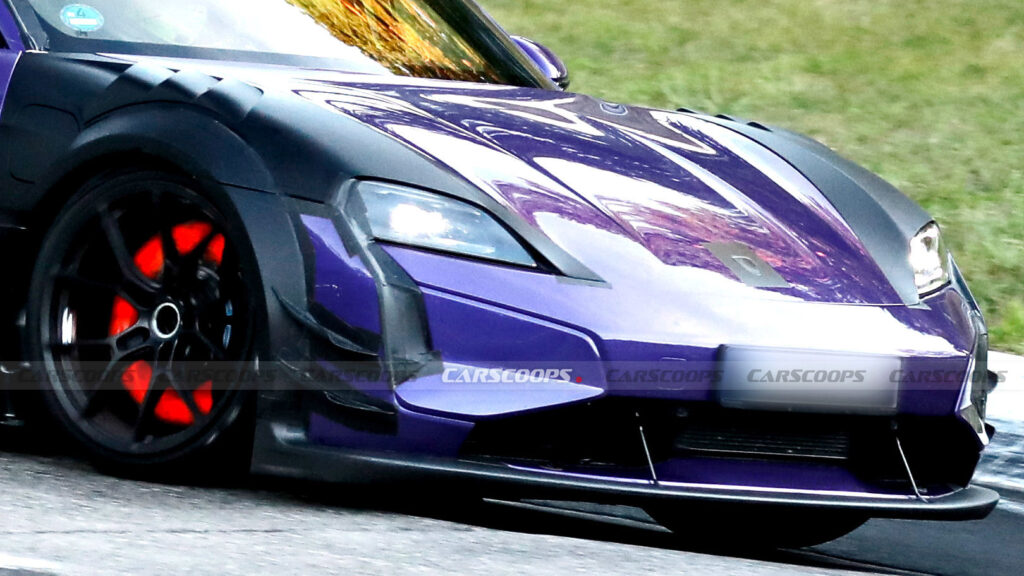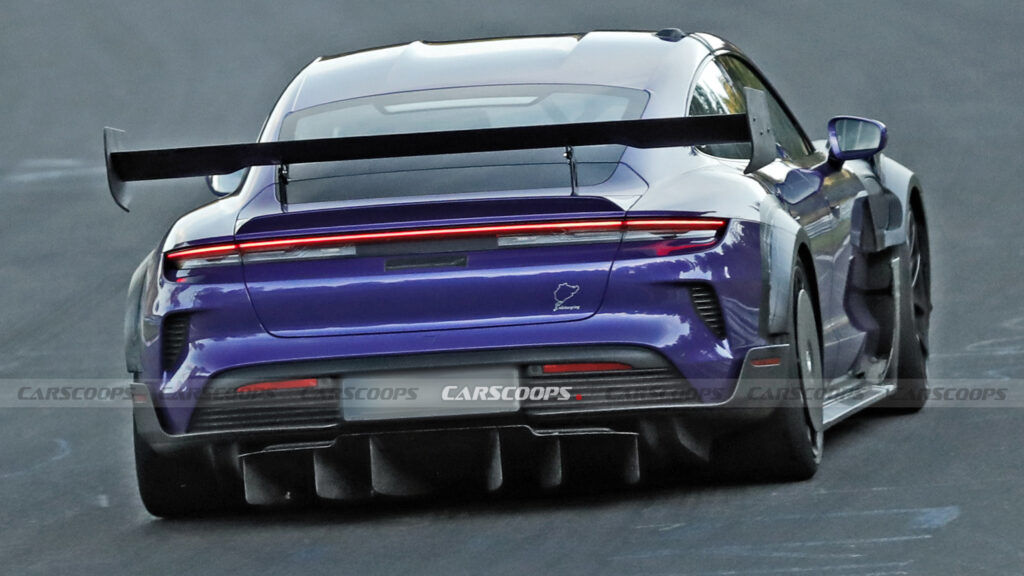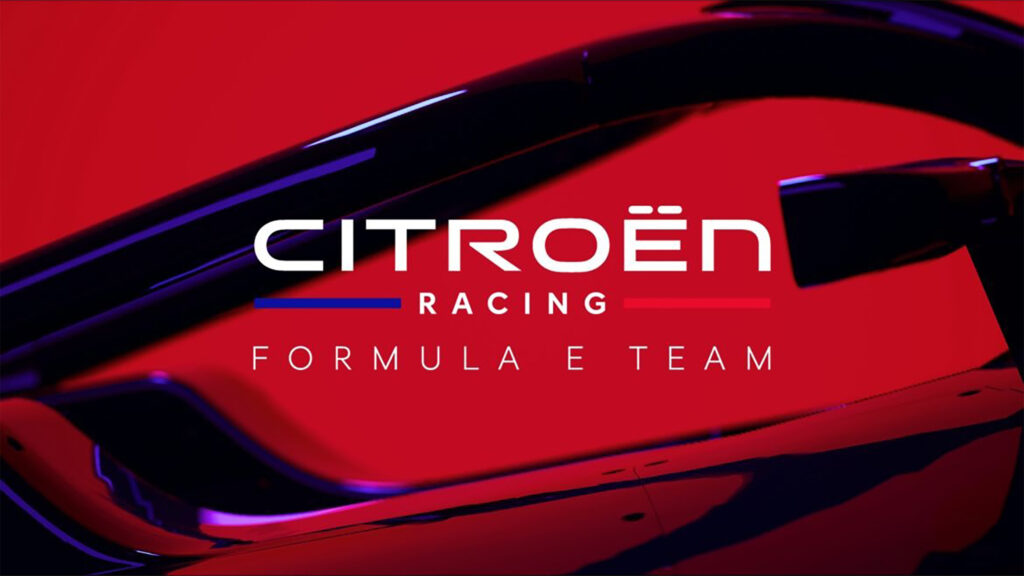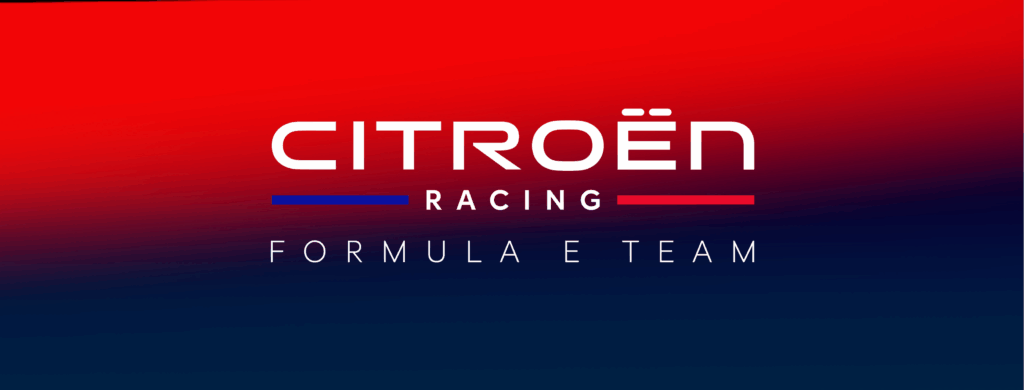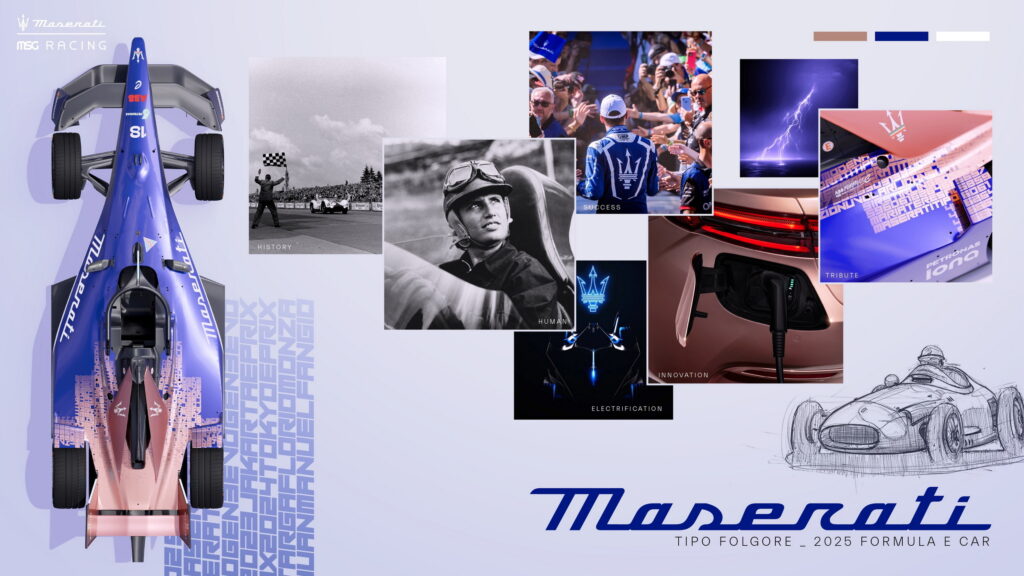Inside Tesla’s Legal War To Overturn $329M Autopilot Crash Verdict
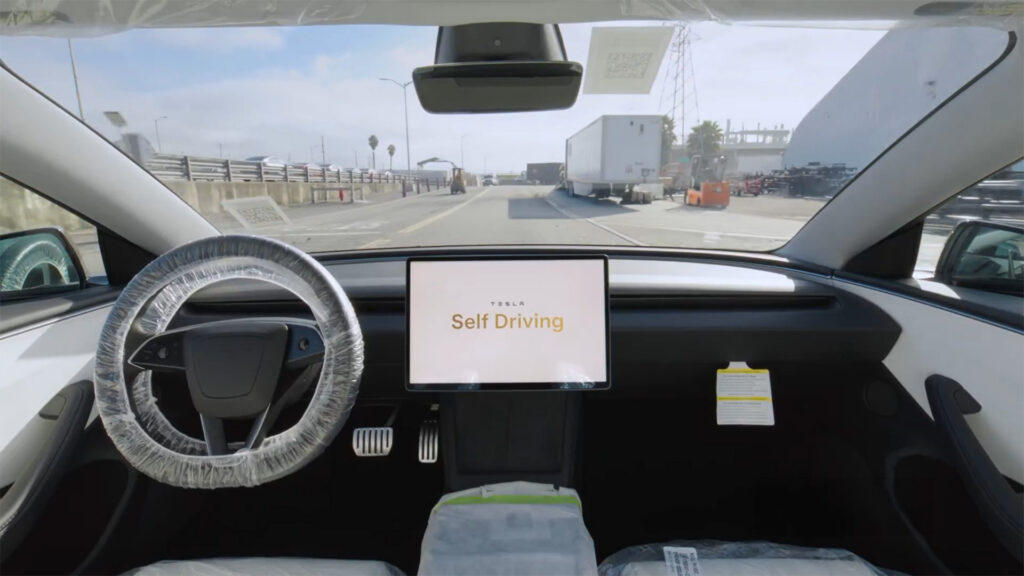
- Jury awarded $329M after a 2019 Tesla crash killed Naibel Benavides Leon in Miami.
- Tesla blames driver George McGee for ignoring warnings and overriding car’s safety systems.
- Plaintiffs argue Tesla overstated Autopilot’s abilities, misleading drivers on system limitations.
Tesla has fought, and consistently won, court battles over its semi-autonomous Autopilot and Full Self-Driving (Supervised). That record changed recently when a Florida jury decided that the EV maker was partially to blame for a crash that ended in a fatality. Now, Elon Musk’s company is pushing for a new trial, arguing the verdict could stifle development of safety technologies.
A Fatal Florida Crash
The case stems from the death of 22-year-old Naibel Benavides Leon, who was killed in 2019 when a 2019 Model S slammed into a parked Chevrolet Tahoe in Miami-Dade county. Her boyfriend, Dillon Angulo, suffered serious injuries.
More: Over 10,000 Owners Sue Tesla Over This Widespread Complaint
The driver, George McGee, admitted he dropped his phone, took his eyes off the road, and believed the car would brake on its own. At the same time, he conceded that he was negligent and placed too much trust in the car.
Jury Finds Tesla Partly Liable
Despite that, a jury found Tesla 33 percent liable, awarding $42.5 million in compensatory damages and a staggering $200 million in punitive damages. Jurors were reportedly swayed by the plaintiffs’ argument that Tesla overstated the capabilities of Autopilot, even as the company repeatedly warned drivers to stay alert and keep their hands on the wheel. According to CarComplaints, Tesla admits that the whole thing was a tragedy but says it was entirely the fault of McGee’s “extraordinary recklessness.”
Tesla Pushes Back
In its filing, the company said “No other car in existence would have stopped when the driver was telling it to ‘go.’” Tesla argued that McGee was “reckless in the extreme by ignoring or overriding every safety feature in his car,” including by pressing the accelerator pedal, which overrides the system’s cruise control and braking functions. There’s no question that this is a sticky situation, but Tesla makes a few interesting points.
“For as long as there have been cars, there have been reckless, self-absorbed drivers like McGee,” Tesla said. “Those drivers should face every legal consequence for their wrongful conduct. Holding Tesla liable for providing drivers with advanced safety features just because a reckless driver overrode them cannot be reconciled with Florida law. That rule would impede the development of safety features, deter progress, and cost lives both now and in the long run.”
The Bigger Question
Ultimately, all of this seems to stem from the nomenclature and advertising of Autopilot. Were it called something else and marketed differently, it would seem more difficult to blame Tesla at all. The automaker is asking the judge to either order a new trial or reduce the damages, a move that will weigh driver responsibility against driver-assistance technology. The outcome could make a huge impact in the future of automakers and their relationship with autonomy.
